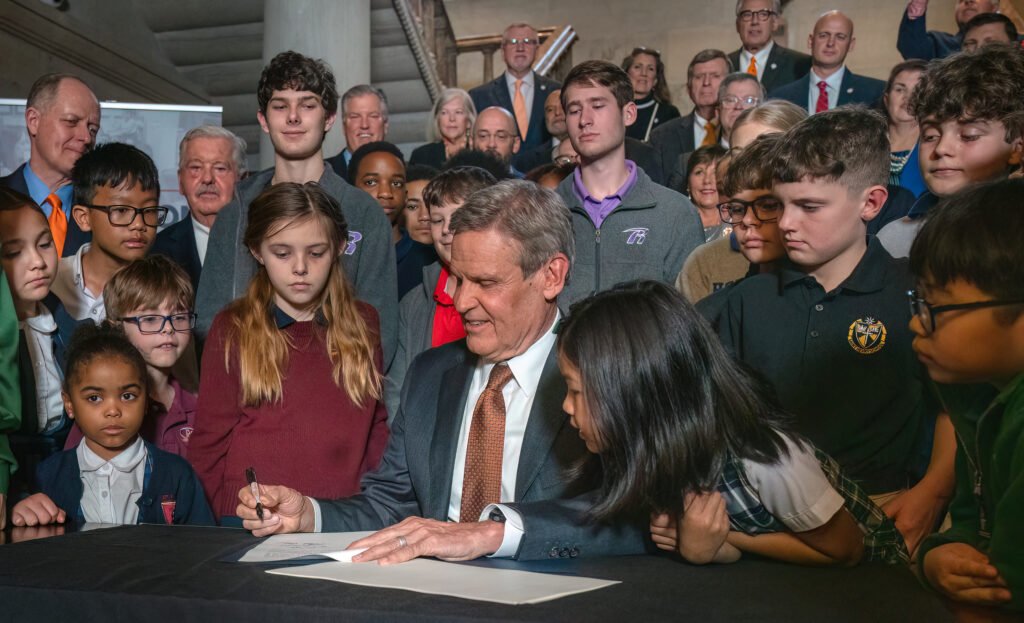The new voucher program in Tennessee is drawing significant criticism from advocates of public education and Democratic lawmakers who argue that it favors private school students at the cost of public school funding. The average spending on public school students stands at $7,023, while those benefiting from the Education Freedom Scholarship Program receive about $7,295.
Despite this, public school students are expected to gain additional support from local governments and separate federal funds. Recent state board of education meetings have seen backlash regarding the funding allocations for the 2025-26 school year, which some say underscores the state’s preference for private education.
Tanya Court, who leads the Tennessee Education Association, voiced concerns, stating that the vouchers compromise the strength of public schools. She pointed out that the funding framework increases disparities, directing more resources to private institutions while public schools grapple with issues like overcrowded classrooms and a lack of teaching staff.
State law mandates that public schools receive more funding than the amount allocated for vouchers. Moreover, the Governor’s Office and the Tennessee Department of Education emphasized that state and local contributions must adhere to the Tennessee Student Achievements (TISA) framework, which shows an average allocation of $9,810 per student—more than $2,000 above the voucher rate. TISA funding rose by about 3% this year.
As stated by Maggie Hannan, the communications director for the Tennessee Department of Education (TDOE), the scholarship program is entirely state-funded and does not require local contributions. Since the Lee administration took office, over $2 billion has been invested in public education, she added.
It’s also important to note that public school enrollment massively overshadows participation in the voucher program, with projections of around 966,000 children enrolled this year, which translates to nearly $6.8 billion in state funding and almost $2.7 billion from local sources.
The TDOE has declined to provide data concerning the number of participating students in the voucher program, although it is capped at 20,000 for this year. Nonetheless, the legal framework suggests potential expansions, allowing for an increase of up to 5,000 freshmen annually. An analysis from Edtrust found that this could potentially cost the state upwards of $892 million over five years.
House Democrat Caucus Speaker John Ray Clemons has criticized the recent levels of education funding, indicating that local governments may need to increase taxes to meet their share. He expressed concerns that the current administration is damaging public education and limiting opportunities for all children in Tennessee. Clemons underscored his belief that the administration manipulates legal standards to support these voucher systems, thereby undermining public education.
This article serves to inform about ongoing discussions and controversies surrounding school funding and vouchers in Tennessee.







